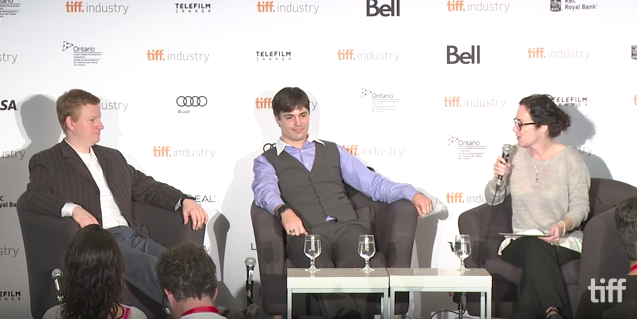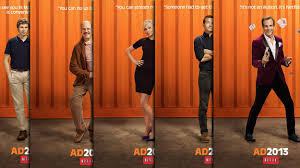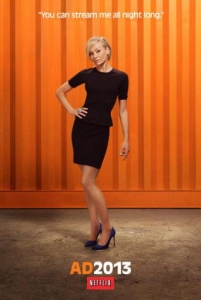‘Monetization’ is now a dirty word. Transmedia experts will deconstruct the decision-making process behind the successful and the non-successful business models within the transmedia landscape. We will discuss the ‘how’ and ‘why’ behind budgets, wire-models, deliverables, releasing schedules, and operating as platform-agnostic.
Siobhan O Flynn
Co-Founder, Canadian Rep, Transmedia Alliance (MODERATOR)
Dr. Siobhan O’Flynn consults on digital/interactive storytelling, is the co-creator of the online resource site, TMCResourceKit.com, & co-founder of Transmedia 101, a community building & education initiative for Canadian storytellers moving into the digital sphere. She has mentored across Canada, in the Digital Development Lab (CBC/BC Film/New Media BC), Melting Silos (NFB/SFU Praxis), and for the Sheffield Doc/Fest Design to Deliver, & with the Crossover Lab/Sheffield Doc/Fest Convergence Catalyst. She has published numerous articles, given keynotes, workshops and masterclasses around the globe on topics ranging from transmedia and crossmedia development and design and interactive/web documentaries. Siobhan has presented at MIT, StoryWorld SF, the NFB French Program, the CBC, the Screen Edge Forum, Auckland New Zealand, & Transmedia SG, Singapore. Siobhan was a Jury Member for the Sheffield Doc/Fest Innovation Award 2012, twice a Juror for the CMF’s Experimental Fund.
Evan Jones
Founder, Stitch Media
Evan is the founder of Stitch Media, an interactive media production services company which tells stories using new technology and timeless techniques. A two-time Emmy Award winner, Evan’s work combines television, radio, web, mobile, games & the real world and were recognized in the ‘Top 10 New Media Groundbreakers’ by the Bell Fund. Stitch Media projects range from interactive documentary to branded entertainment. Evan has guest lectured on the art & business of interactive story internationally at the Canadian Film Centre, the Australian Film, Television & Radio School and the University of Southern California. International clients include Microsoft, Disney, FOX, Discovery, CBC, Bell & The Movie Network.
Andy Merkin
Head of Special Projects and Transmedia, Mirada Studios
Andy Merkin is the Head of Special Projects and Transmedia at Mirada Studios. Overseeing cross-platform and nontraditional storytelling projects, Andy develops narrative for traditional and digital media and production management for the complete pipeline. Since joining Mirada in 2011, his production credits include the interactive music video, Ro.me; the THINK exhibit and mobile apps for IBM’s Centennial, the departmentofhumanmanagement.org site for The Strain trilogy, andMirrorWorld by Cornelia Funke on iOS. A true believer that interesting storytellers (hopefully) have led interesting lives, Andy’s previous work experience includes development and production for Sony Pictures Television, training teachers and entrepreneurs in the Peace Corps in Bangladesh, performing improv, and educating students in zoo keeping for Busch Gardens.






